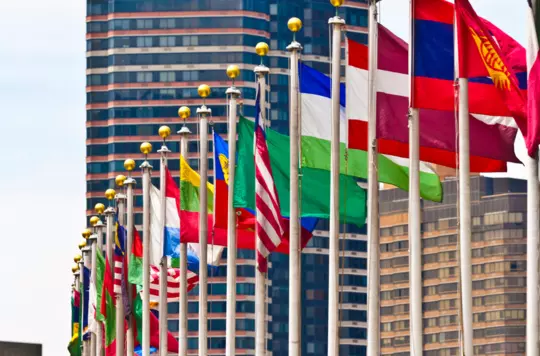17 November 2023
Trading for hope: How Others is giving people a helping hand up
George Tanton
Bo Christoffer Brekke explains how The Salvation Army’s social enterprise is empowering people through handmade products.
As the global social enterprise arm of The Salvation Army, Others implements fair trade principles to combat poverty and gender inequality.
Named after William Booth’s telegram to remind officers of the main focus of their work, Others was founded in Bangladesh in 1997 as a local initiative to give people an opportunity for a job and income. Today, it provides artisans in Bangladesh and Kenya with sustainable employment, fair wages and a route out of poverty and exploitation.
Bo Christoffer Brekke is Others Global’s general manager. He has been involved with the enterprise since 2014 after working with the Army’s international development programmes.
‘Others is one of the tools that The Salvation Army has in its toolbox to empower people,’ he testifies. ‘It’s about giving people the means to provide for themselves but it’s more than just an income: it’s about pride and dignity.’
Bangladesh remains Others’ largest producer country, where it supports around 760 artisans, producing an array of carved, embroidered and handloomed goods. Artisans are recruited through specific community development projects run by The Salvation Army, such as the rehabilitation centre in Old Dhaka, which provides holistic care and training for women who have been victims of trafficking or sexual exploitation.
‘Women’s empowerment in particular has been a focus ever since the beginning,’ states Chris. ‘Women are often the last in line in terms of income opportunities.’
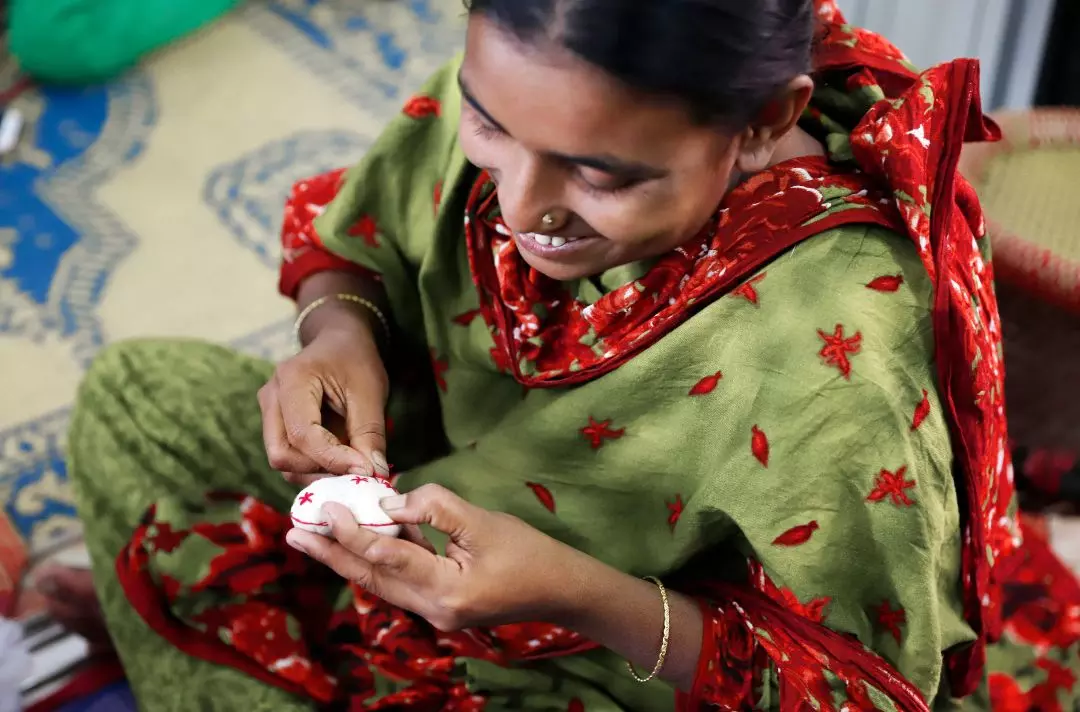
He elaborates that, in a rural setting, the husband will typically be a farmer or day labourer, and the wife would stay at home looking after the children. However, through Others’ local networks, women can generate their own income by producing artisan goods at home when they have the time and be paid per piece.
‘This is a flexible threshold entry point to a working life and a paid income,’ says Chris. ‘Many women artisans testify that they are proud to be earning money and contributing to the household financially. They don’t have to ask their husband for money and can provide for themselves. We’re giving income opportunities to women and that helps to change mindsets and dynamics.’
Others was formally planted in Kenya in 2004 and currently is involved with nine production groups, producing goods out of locally sourced raw materials and recycled plastic and paper.
An exciting development in Others’ work in this country is the supporting of coffee farmers in Matungulu through a fair trade model.
‘These are smallholder farmers with maybe a couple of hundred coffee plants,’ explains Chris. ‘It’s a vulnerable livelihood, especially now with climate change and the pressures on coffee pricing. It is really tough.
‘We will partner with their co-operative unions and source and export the coffee through them, making sure the farmers get paid more than they would selling it on the regular market.’
Currently, Others’ products are being sold in the UK, USA, Canada, Norway, Iceland, New Zealand and Bangladesh.
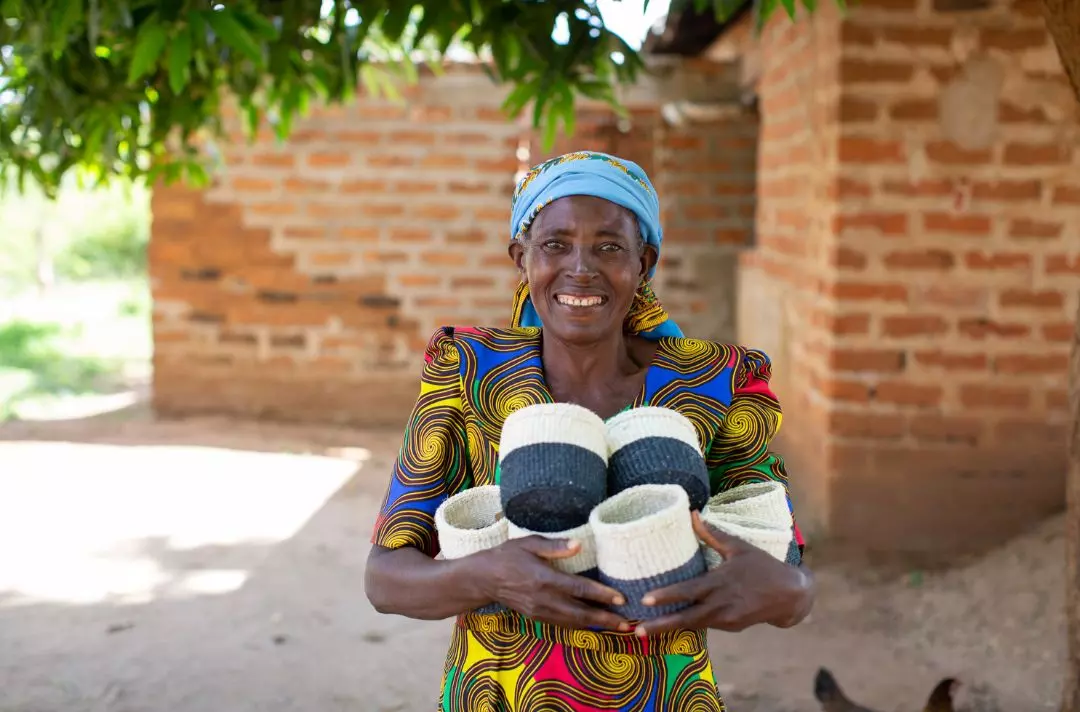
‘Across the Army’s international network in today’s world, every country is a potential market, and every country is a potential producer,’ says Chris.
Others is currently in dialogue with another potential producer country.
‘It’s about growing at the right pace,’ he explains. ‘We want to make sure that when we work with someone, we have consistent enough work to give them.’
There are a range of obstacles that impact Others’ work, including climate change, the conflict in Ukraine, rising energy prices and the Covid-19 pandemic.
Nonetheless, the initiative is forthright in its approach to alleviating poverty and hardship within its producer countries.
‘It’s in the core of the Army’s mission to give people the opportunity to thrive,’ reflects Chris. ‘It’s about building people up financially, emotionally and in every other way. It’s about promoting solidarity and justice.
‘Thinking about the imbalanced world we live in, the Army can harness its international network to continue bridging the gap between producers and consumers in different parts of the world. It’s a great and unique opportunity.’
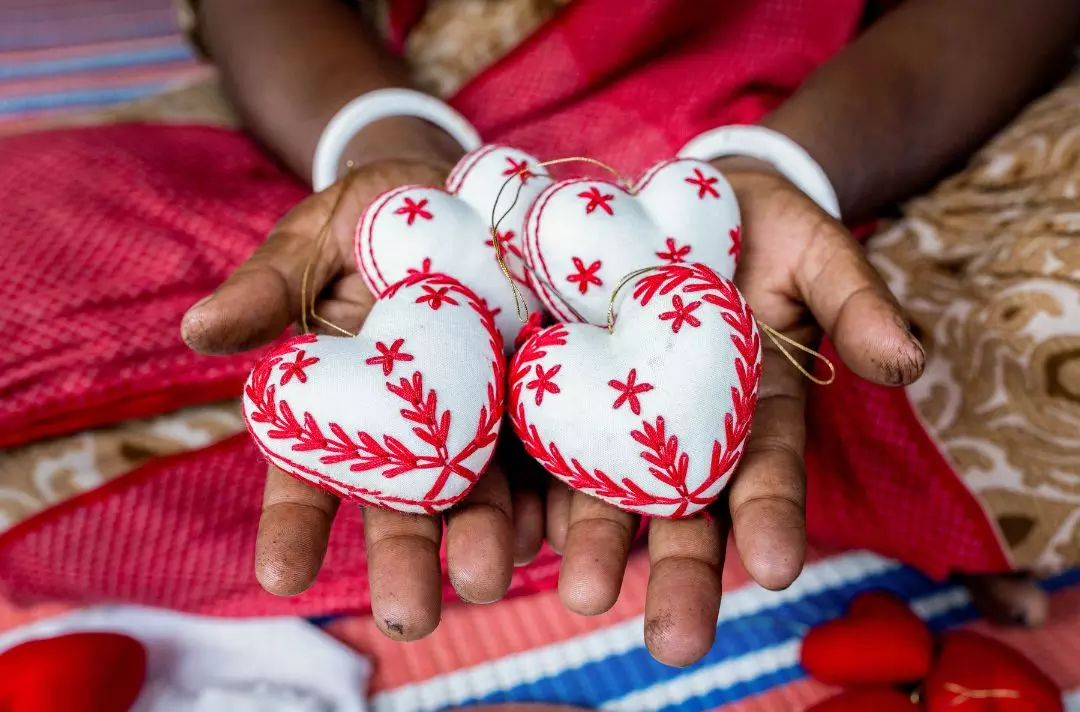
Chris recognises the growing trend for fair trade products: ‘There’s a growing awareness of environmental and social issues among consumers, and many people are looking for more ethical alternatives to products they use. Others is well positioned to be a positive voice in this market.
‘We are encouraging empowerment on the producer side, but also on the sales end, making The Salvation Army visible in new spaces and communicating our values – love God, love others. By putting our values out into the wider market, hopefully it will spur people on to become more conscious consumers.’
Written by
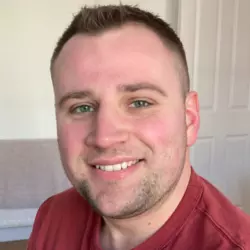
George Tanton
Editorial Assistant
Discover more
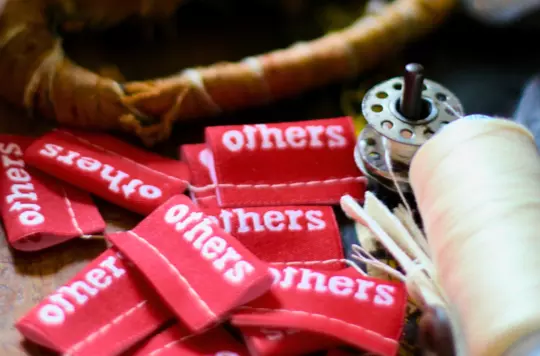
Major Jo Moir introduces the latest handcrafted products from Others UK – Trade for Hope.
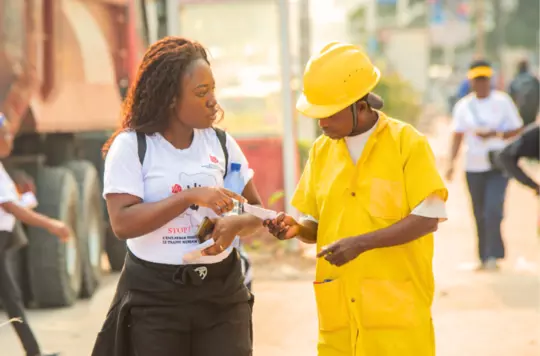
Inspired by International Development Week, Hayley Still reflects on the importance of being part of a global community.
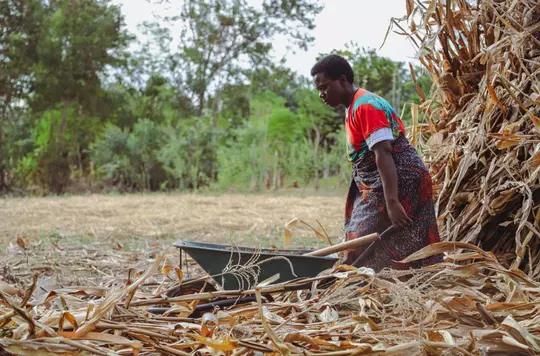
Connecting Salvationists around the world so that we can learn from and support one another.
